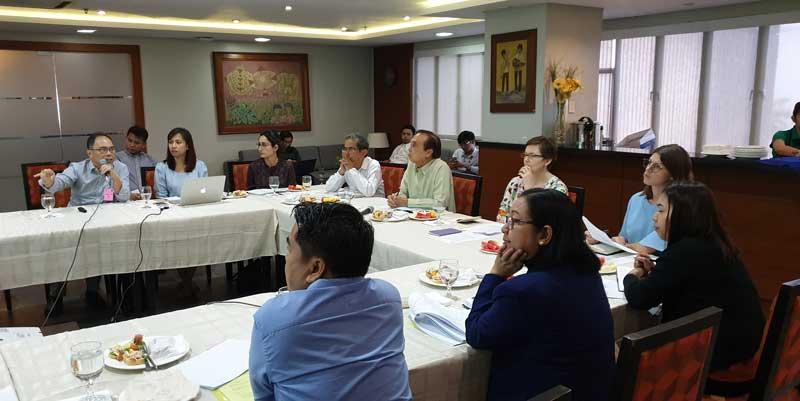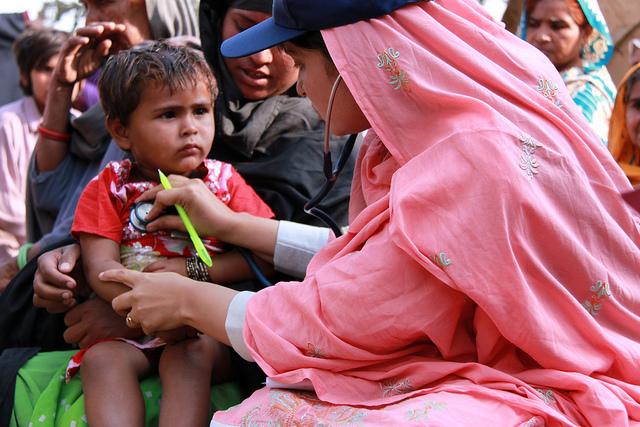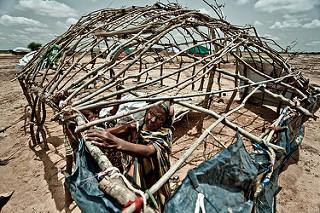Tara Kaul

Designation
Former Evaluation Specialist, 3ie
Body
Tara Kaul formerly reviewed research and managed 3ie-funded impact evaluation grants.
Tara is a development economist and holds a doctorate in Economics from the University of Maryland, USA. She has a masters in Economics from the Delhi School of Economics and a bachelors in Economics from Lady Shri Ram College, University of Delhi. Her research interests are in the area of development economics and public economics.
Tara's current research focuses on the nutritional impact of food subsidies, and intra-household gender discrimination in educational expenditures in India.
Tara is a development economist and holds a doctorate in Economics from the University of Maryland, USA. She has a masters in Economics from the Delhi School of Economics and a bachelors in Economics from Lady Shri Ram College, University of Delhi. Her research interests are in the area of development economics and public economics.
Tara's current research focuses on the nutritional impact of food subsidies, and intra-household gender discrimination in educational expenditures in India.






